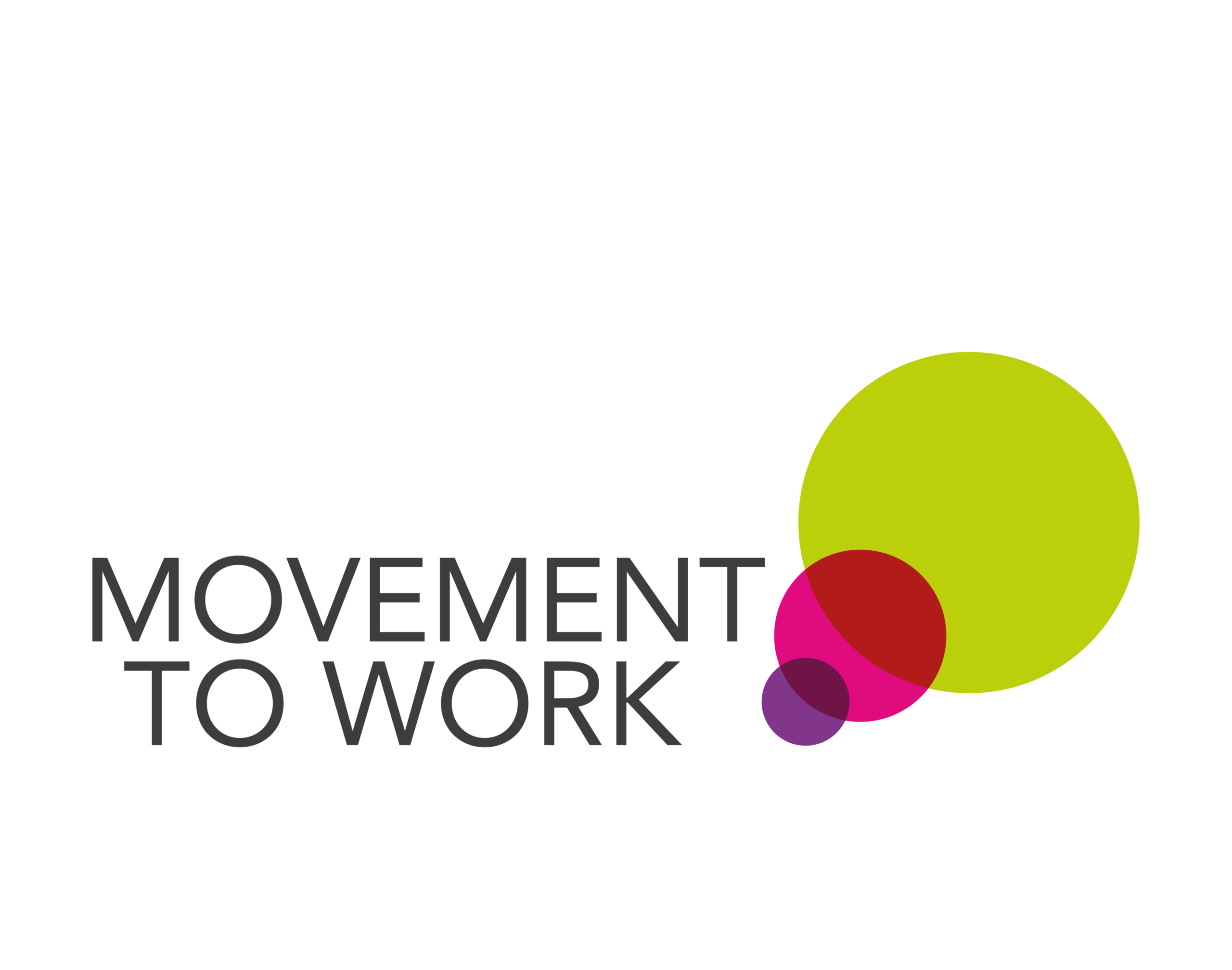New research, carried out by the London School of Economics and Political Science (LSE) and Exeter University has recorded that more than one in 10 people aged 16-25 have lost their job since Covid-19 began, whilst just under six out of 10 have seen their earnings fall in the same period.
The research shows that young workers were more than twice as likely to have lost their jobs when compared to older employees, and earning losses were more pronounced for the self-employed, women and those from a disadvantaged background.
To read the full report from LSE (October 2020), click HERE.










